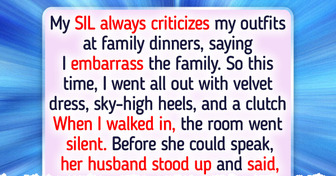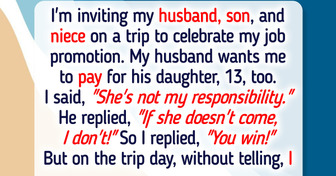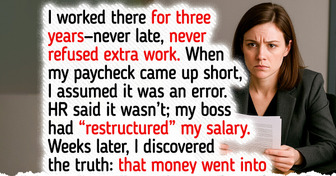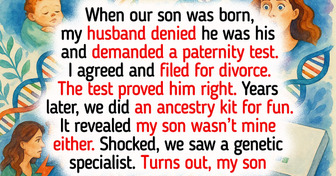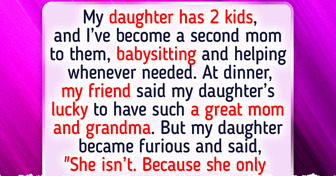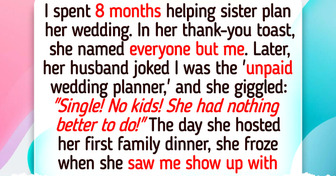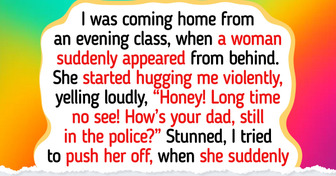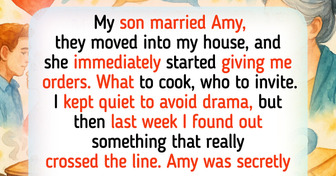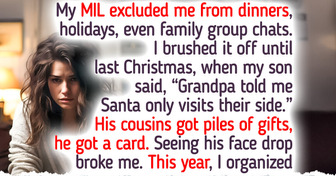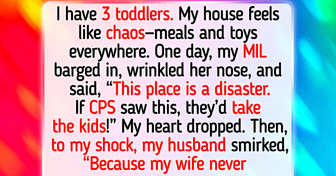My Sister Has Been Tormenting Me All My Life, Today She Received an Epic Payback
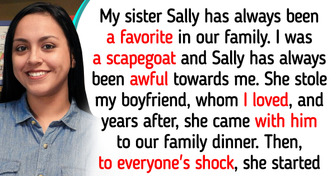
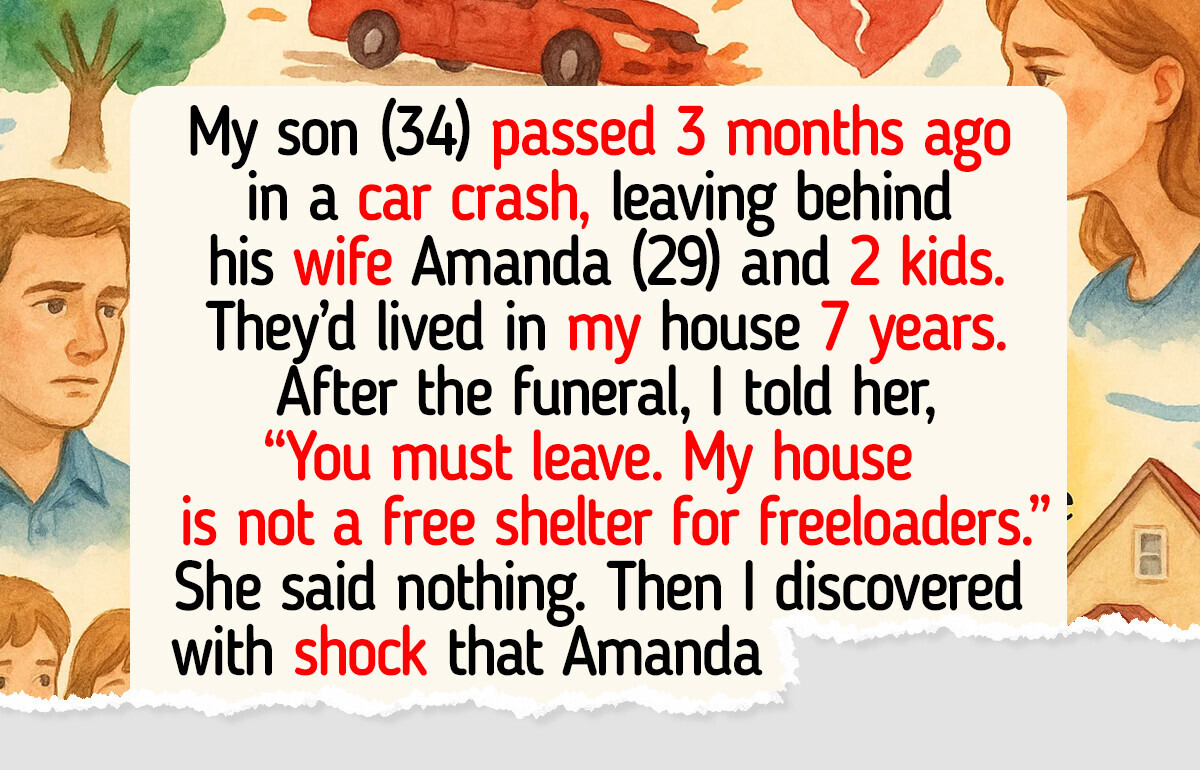
We recently received a letter from a woman named Sheryl — a grieving mother who made a choice that’s already dividing our editorial team. Her son died tragically, leaving behind two young boys and a wife, who had nowhere else to go. But what Sheryl did next... will challenge everything you think you know about family, loyalty, and grief.

I know I’m going to get hate for this, but I need to say it somewhere. Maybe someone will understand.
My son, Daniel (34), passed away three months ago in a car accident. He left behind his wife, “wife”, Amanda (29), and two kids — Ethan (6) and Caleb (2). They’d been living in my house for the past seven years.
Not paying rent. Not contributing to bills. Just... existing. Like my home was some kind of extended stay hotel they never planned to check out of.
Let me back up.
When Amanda first got pregnant with Ethan, she and Daniel were renting a tiny one-bedroom apartment. Daniel was finishing his master’s in engineering and working part-time. Amanda worked at a diner, pregnant and exhausted. They couldn’t keep up with rent, so like a good mother, I opened my home to them.
My house. My rules. I said, “This is temporary. Get on your feet.” That was seven. Years. Ago.
Amanda never worked again. Daniel started making decent money after school, but instead of moving out, they just got comfortable. I never saw a cent from either of them, not even a “Thank You” bouquet. I raised Daniel to be ambitious, respectful — and yet he became this soft, passive man, blindly following Amanda around like a lovesick puppy.
And if I’m honest? I never trusted her. Not from day one.
She didn’t come from the same kind of family. No father in the picture. Grew up in a trailer. No college. Never read a real book, I swear.
Daniel brought her home like she was some rescue project, and I smiled and nodded — because that’s what mothers do — but I always knew she wasn’t his equal. And deep down, I’ve always had this gut feeling... those kids? They’re not both his.
Ethan, maybe. He has Daniel’s chin. But Caleb? That boy has nothing of my son. He’s dark-haired, olive-toned, and just... different. And don’t start with me — I know genetics can be weird. But a mother knows.
I’d catch Amanda texting late at night, disappearing for “walks,” going out without telling anyone. And Daniel, poor thing, never questioned it. Never once.
After the funeral, I gave it a few weeks. I watched Amanda mope around my house in her robe like some grieving widow out of a soap opera. I cooked. I cleaned. I made sure Ethan got to school. Meanwhile, she cried and slept in and did NOTHING.
Then one morning, I woke up, looked at Caleb sitting in the kitchen with that dimple that is not from our family, and I just snapped. I told Amanda it was time to go. That my house was not a refuge for freeloaders.
She seemed shocked, but didn’t say a word. I knew she had nowhere to go. Her mother won’t take her back.
Later, to my shock, I discovered that Amanda left me a note, trying to manipulate me, saying I was “all she had left.” She honestly didn’t understand why I made the decision and why I stood firm.
I did my part. I opened my home. I raised her kids when she didn’t. I buried my son. I’m tired.
She begged me, cried, said, “What about the boys?” I told her the truth: I don’t owe anything to you. I tolerated you because of Daniel. He’s gone now. So go. She could’ve left long ago if she had any self-respect. But she stayed, without any remorse.
Now here’s the thing I know will get me hate: I wanted to keep Caleb. Not legally, obviously. But I asked her — could I raise him?
He’s the one I bonded with. I bottle-fed him while she was out “getting groceries” for hours. He clings to me. He calls me “Nana.” I don’t care if he’s not biologically Daniel’s — he feels like mine.
But she screamed at me, called me a monster, grabbed both kids, and left. I don’t know where they are now. Maybe couch-surfing. Maybe a shelter. I just don’t know.
My house is quiet now. Peaceful. I lit a candle by Daniel’s photo, and I finally feel like I’m honoring him — by clearing out the chaos that ruined him.
People say, “But they’re your grandchildren!” Are they? Really? If one of them isn’t even his, it’s not proven, but I trust my heart and my feelings.
So how am I supposed to feel anything? I did what I had to do. Am I wrong here?"
Sheryl, from all of us at Bright Side, thank you for bravely sharing your story with our readers. We don’t judge you — we get it. You’ve been through an unimaginable loss, and now you’re dealing with a chaotic aftermath.
You’re not alone, and we want to help you move forward. Here are some pieces of advice that we hope will help you heal and regain peace in your family.
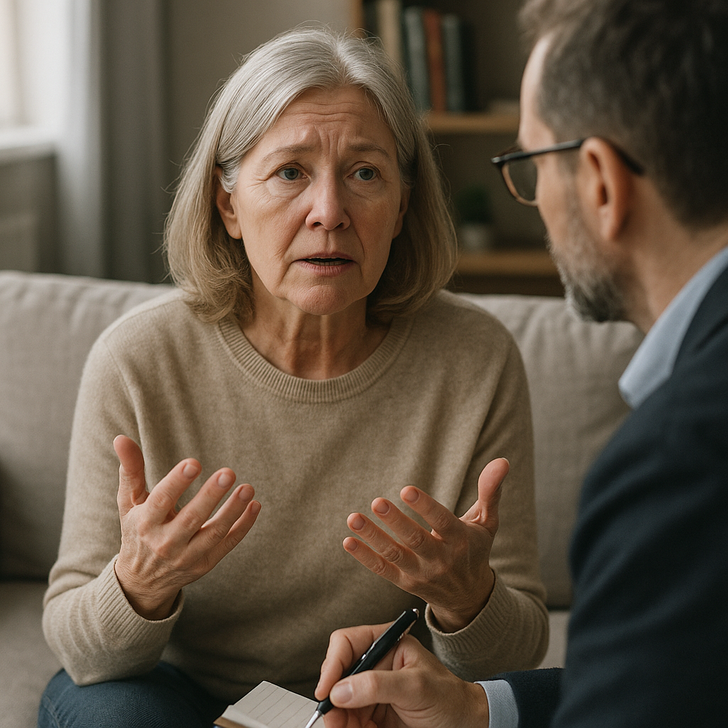
Why it matters: Professional grief counseling helps you confront and work through loss, adjust to life without your son, and build meaning in your days ahead.
Next steps: Seek a grief therapist or support group. Try exercises like journaling or rituals (lighting candles, memory keepsakes) to gently process your feelings.
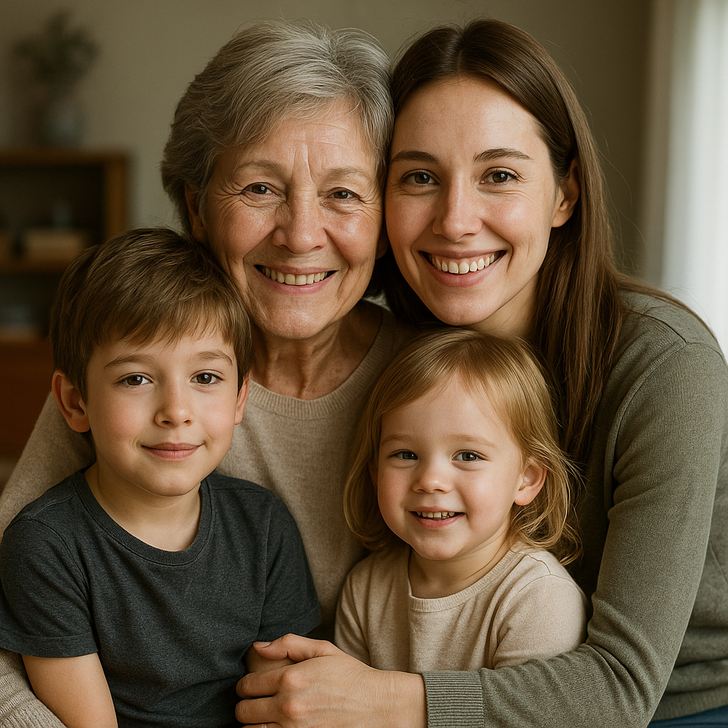
Why it matters: Conflicts with Amanda and your grandchildren are wounds in the family dynamic. Psychologists say healthy relationships are maintained not by avoiding conflict, but by repairing rifts afterward.
Next steps: If you ever consider reconnection, start with a calm discussion: “I’m hurting, and here’s why.” Own any part you played in the rift. Listen. Invite honesty.
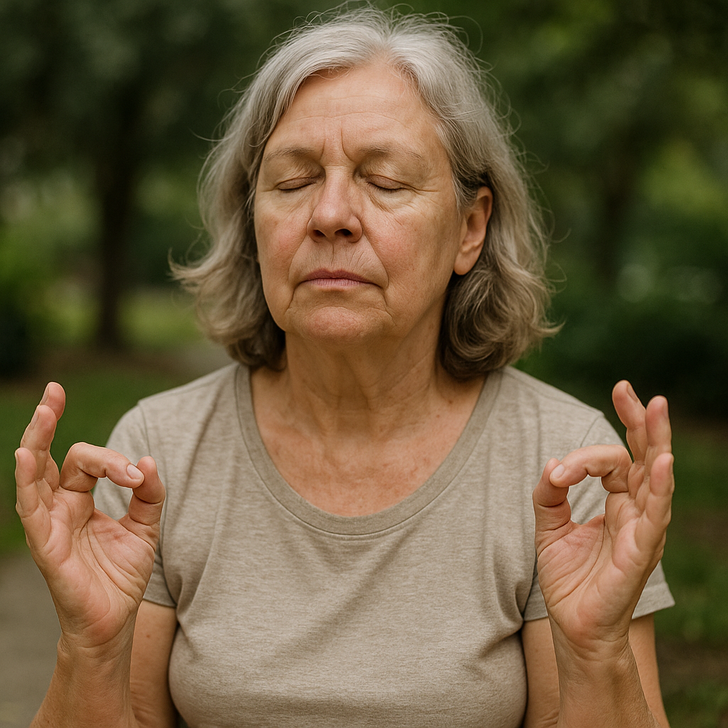
Why it works: Family or “emotionally focused” therapy can help rebuild trust and communication in high-conflict situations, even after loss or trauma.
Next steps: If you’re open, suggest a few sessions with Amanda (if contact resumes) or gradually begin conversations with a neutral therapist guiding the process.
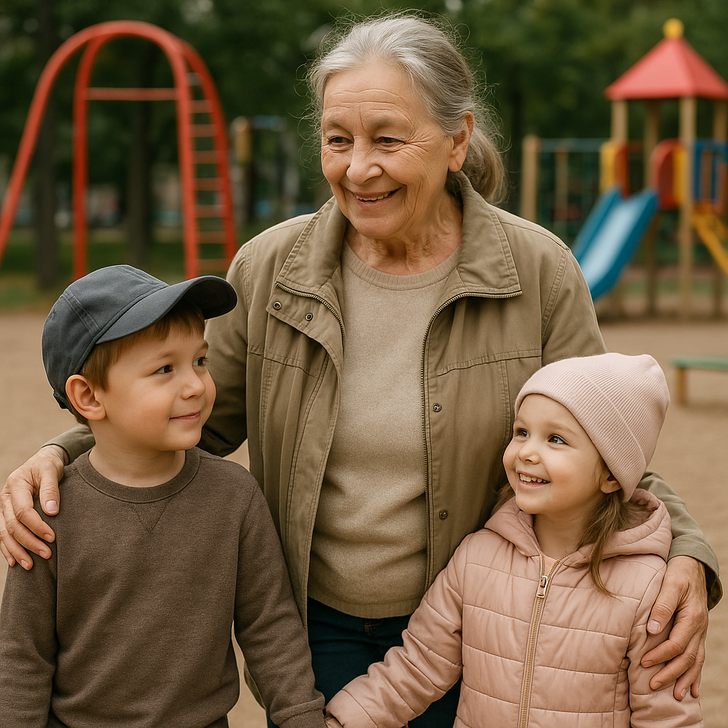
Why it helps: According to the Gottman method, relationships have emotional “accounts” built by frequent kind, supportive interactions. These reserves protect bonds when conflict arises.
Next steps: Even small gestures matter — check in with your grandkids, send a supportive note, share a memory of Daniel. This can soften tension and rebuild trust over time.
And here’s another story, where the house rules became a subject of a huge conflict between family members. Here’s a letter from a stepmother, who has installed cameras everywhere in the house, but her stepdaughter rebels against them installed in her room. Read more to find out the edgy details of this complex family situation and decide who’s right and who’s wrong and needs to say “Sorry”.

